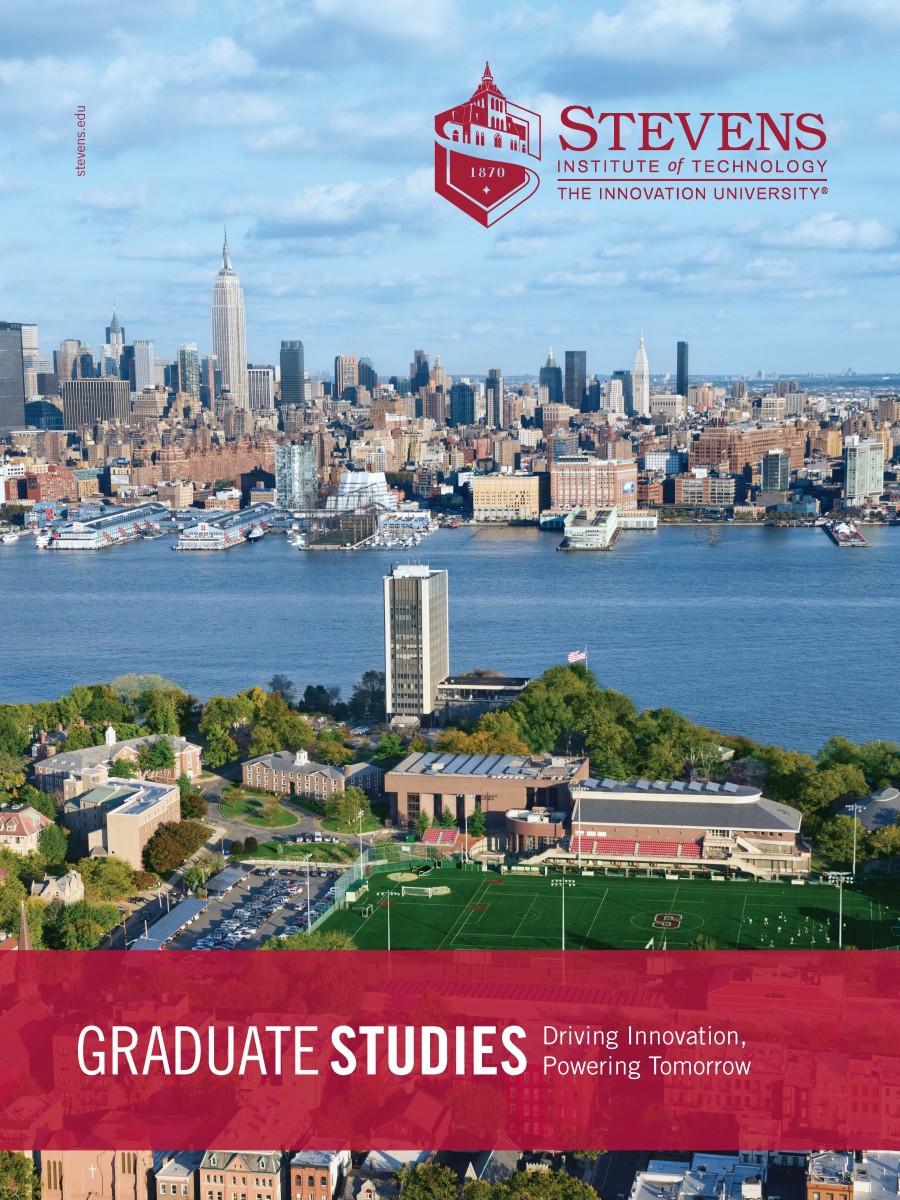Maximizing Your Postsecondary Education Investment: Strategic Guide to Academic and Financial Success
Understand the true value of your educational investment
Postsecondary education will represent one of the virtually significant financial and time investments you’ll make in your lifetime. With rise tuition costs and evolve job markets, maximize this investment require strategic planning that go beyond but earn good grades. Your approach should encompass academic excellence, professional development, financial management, and long term career planning.
The return on your educational investment isn’t measured entirely in future salary potential. Itincludese the skills you develop, the network you build, the experiences you gain, and the opportunities you create. Understand this broader perspective help you make decisions that compound your investment’s value over time.

Source: ig.com.br
Strategic academic planning for maximum impact
Your course selection strategy importantly impacts your investment’s value. Instead than take classes indiscriminately, develop a cohesive academic plan that align with your career goals while build complementary skill sets. Consider double major or add minors that enhance your primary field of study.
Research show that students who combine technical skills with liberal arts education frequently command higher salaries and adapt advantageously to change job markets. For instance, pair computer science with psychology create opportunities in user experience design, while combine business with environmental studies open doors in sustainable business practices.
Maintain strong relationships with professors who can provide mentorship, research opportunities, and professional references. These connections oftentimes prove more valuable than the grades themselves. Professors often have industry connections and can recommend students for internships, graduate programs, or entry level positions.
Leverage experiential learning opportunities
Internships, co-op programs, and work study positions provide practical experience while you’re nevertheless in school. These opportunities allow you to apply classroom knowledge in real world settings, build professional networks, and oftentimes lead to full-time job offer upon graduation.
Seek internships that offer meaningful projects preferably than scarce busy work. Quality internships provide mentorship, skill development, and exposure to industry practices. Eve unpaid internships can be worthwhile if they offer substantial learning experiences and network opportunities.
Study abroad programs, while require additional investment, can importantly differentiate you in the job market. International experience demonstrate adaptability, cultural awareness, and independence – qualities extremely value by employers in our globalized economy.
Build a professional network betimes
Your network frequently determines your net worth, and college provide an ideal environment for build professional relationships. Join professional organizations relate to your field of study. Many offer student memberships at reduce rates and provide access to industry events, job boards, and mentorship programs.
Alumni networks represent one of your near valuable resources. Connect with graduates work in your desire field or companies. Most alumni are willing to provide advice, informational interviews, or referrals to other professionals. Use LinkedIn strategically to maintain these connections and stay update on their career progress.
Participate in career fairs, industry conferences, and network events. Prepare an elevator pitch and bring business cards or digital contact information. Follow up with new connections within 24 48 hours to maintain momentum.
Maximize financial aid and minimizing debt
Complete the free application for federal student aid (fFAFSA)every year, flush if you don’t think you qualify for need base aid. Your financial situation may change, and some merit base aid require faFAFSAompletion. Apply for scholarships ceaselessly throughout your college career, not fair during your senior year of high school.
Consider the total cost of attendance, include living expenses, when choose schools. A less expensive school where you can graduate debt free might provide better long term value than a prestigious institution that require significant borrowing.
Explore work study programs, research assistantships, and teaching assistantships that provide income while build relevant experience. These positions oftentimes offer flexible schedules that accommodate your class schedule.
Develop marketable skills beyond your major
Today’s job market value versatile professionals with diverse skill sets. Develop technical skills relevant to your field, such as data analysis, programming, or digital marketing. Many of these skills can be learned through online courses, workshops, or elective classes.
Communication skills remain systematically valuable across all industries. Take courses in writing, public speaking, and presentation skills. Join debate teams, student government, or other organizations that provide opportunities to develop these abilities.
Leadership experience distinguish you from other candidates. Seek leadership roles in student organizations, volunteer groups, or part-time jobs. These experiences demonstrate initiative, responsibility, and the ability to work with others efficaciously.

Source: en.wikipedia.org
Create multiple revenue streams during college
Develop side hustles that complement your studies and build relevant skills. Freelance writing, tutoring, graphic design, or consult in your area of expertise can provide income while build your professional portfolio.
Consider start a small business relate to your field of study. Many successful entrepreneurs launch their ventures during college when they have access to resources, mentorship, and a build in customer base of fellow students.
Participate in business plan competitions, hackathons, or innovation challenges. These events oftentimes offer prize money and can lead to funding opportunities for promise ideas.
Plan for post graduation success
Begin job search during your junior year, not after graduation. Attend career fairs, schedule informational interviews, and apply for internships that could lead to full-time offers. Many companies recruit intemperately from their intern programs.
Develop a strong online presence through LinkedIn, a professional website, or portfolio showcase your work. Will ensure your social media profiles will present a professional image that won’t will harm your job prospects.
Consider graduate school strategically. While advanced degrees can increase earn potential in some fields, they besides represent additional time and financial investment. Research whether your desire career path genuinely require graduate education or if work experience might be more valuable.
Long term investment strategies
View your education as the foundation for lifelong learning quite than a one time event. Industries evolve quickly, and professionals must unendingly update their skills to remain competitive. Establish habits of ongoing professional development that will serve you throughout your career.
Start build credit responsibly during college. A good credit score will be essential for future major purchases and May yet will affect job prospects in some industries. Use student credit cards cautiously and pay balances in full each month.
Begin invest betimes, flush with small amounts. Understand basic investment principles and start to build wealth during your twenties take advantage of compound interest over time.
Measure and adjust your strategy
Regularly assess your progress toward your goals and adjust your strategy as need. Your interests and career objectives may evolve during college, and your investment strategy should adapt consequently.
Track metrics that matter: GPA, internship quality, network growth, skill development, and debt levels. Set specific, measurable goals for each semester and academic year.
Seek feedback from mentors, career counselors, and industry professionals. Their perspectives can help you identify blind spots and opportunities you might differently miss.
Maximize your postsecondary education investment require intentional planning, strategic decision-making, and consistent execution. By focus on academic excellence, professional development, financial responsibility, and long term planning, you can ensure that your educational investment pay dividends throughout your career. Will remember that the value of your education will extend far beyond your first job – the skills, knowledge, and relationships you build will continue to will benefit you for decades to come.



